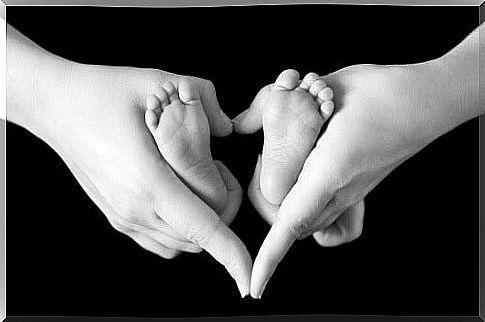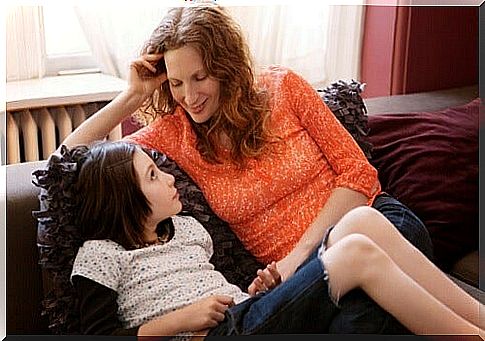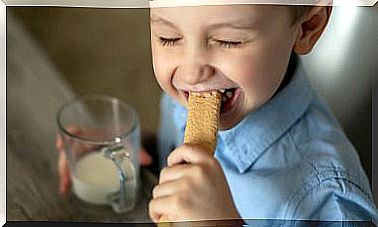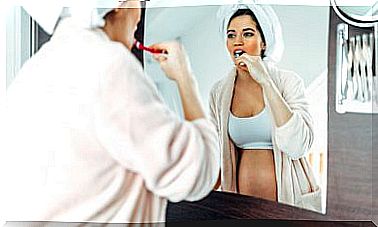You Don’t Have To Hurt To Teach, Nor Your Child Be Hurt To Learn

Being hurt to learn is an archaic concept that some teachers used in the past. At that time, it was believed that students should make an effort to learn (a dogma that fortunately survived to this day) but that teaching “entered” better when it was introduced with smacks, pinches, strokes on the palm of the hands, offenses, shouts and many other reprimands. Many years ago school and punishment could very well go hand in hand.
Today everything changed. The educational norms are totally against any violation of the physical, emotional and psychological integrity of the students. Teachers no longer put children on their knees on top of bottle caps, pebbles, or corn kernels. No adolescent would be pulled by the ears or sideburns, no matter how rebellious they might be. However, home schooling does not always follow the precepts that now govern the classroom.
Your child doesn’t need to be hurt to learn
A child needs to feel relaxed, with little pressure, to make effective learning their own, that is, learning that becomes knowledge and lasts a lifetime.
In his teaching he must have the support not only of his teachers but also of the rest of the family. At home, when doing your homework, Mom and Dad can help you a lot.
That minor who is at peace, and has a quiet environment to do their homework, free from sermons, reprimands and the hackneyed phrase: “How stupid you have come out!” you can find time, space, and desires to study

A child must be stimulated, his curious and investigative side awakened; You have to make him see that only by apprehending the subjects will he increase his intellect and achieve a cognitive development that will help him reach unsuspected limits in the future professional life that awaits him.
It is essential to raise his self-esteem and reward his merits even if these always fall below what his parents expect of him.
It is essential that the child, from an early age, learn what it means to grow up: to be responsible for tasks that involve time and effort, to know and appreciate the value of the material and immaterial wealth that they enjoy, to learn to do various tasks according to their age and commit to himself, his family and the society in which he lives.
A minor should be taught the good and bad of nonconformity and selfishness. You have to explain the disadvantages of procrastination, how to express affection and be empathetic with those who live, their friends and other people. But he must also be taught to defend himself from the insults of those who want to hurt him and his self-esteem even if this humiliation comes from his loved ones. Because he does not need to be hurt to learn and that he must know.

You do not have to hurt to teach
Educating with love is providing knowledge of any kind through love. It means being attentive to the feelings and emotions of the person who matters most to you, or should matter to you, in the world.
You do not have to be more attentive to the time you dedicate to her and she takes it to learn. What difference does it make if it’s two or three hours. What should matter here is that the girl or boy feels motivated, is comfortable with your teaching system and learns what you want to teach him : mathematics, to put down the computer and improve the letter by writing by hand, correct his spelling errors , express yourself better, sit at the table … well.
So put all your effort into their teaching and respect their learning as you respect yourself. Do not offer it, yell at it or hit it when your patience is full, because you do not have to see your patience full.
Better teach him to think: to want to know the why of all things, to reach conclusions on his own, to depart from stereotypes, to learn from his mistakes as the best lessons he can have, and to make decisions based on his own observations.
Mom, raise an emotionally healthy and happy child, who is not afraid to venture out and is always suspicious of “doing” because he remains concerned about whether you approve or not. Be the best teacher for him. Teach him not to fear you.









